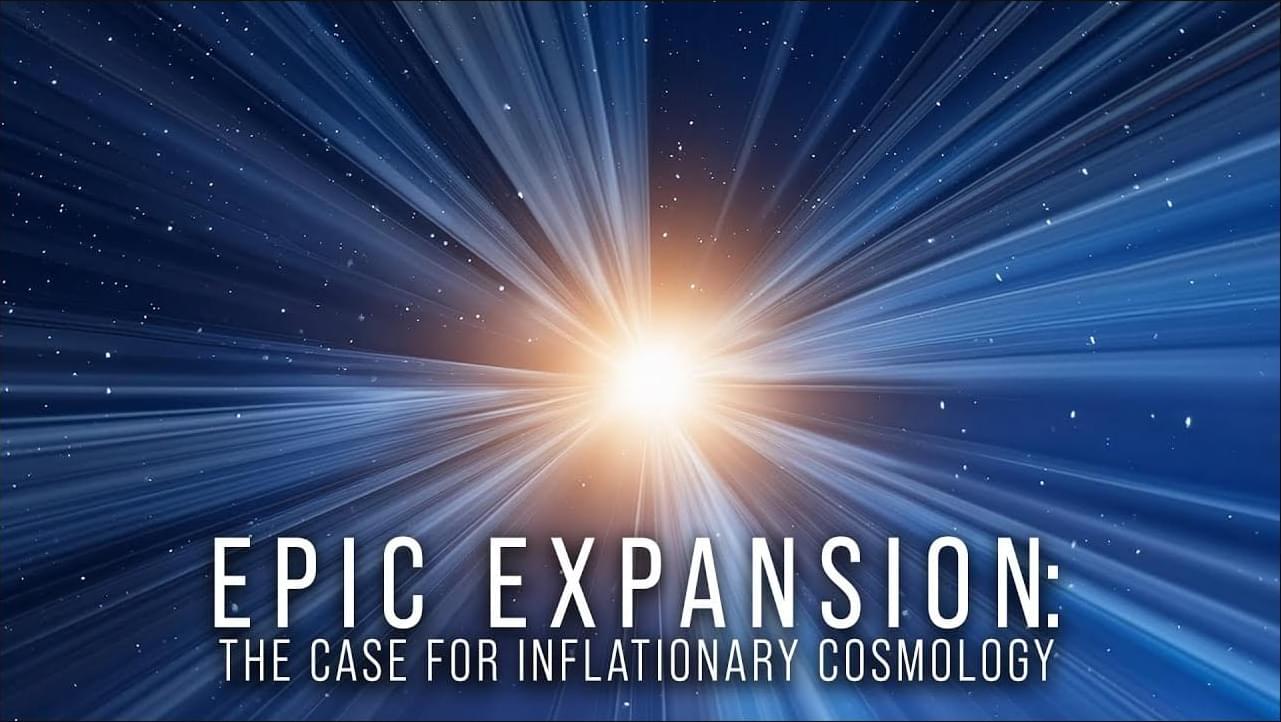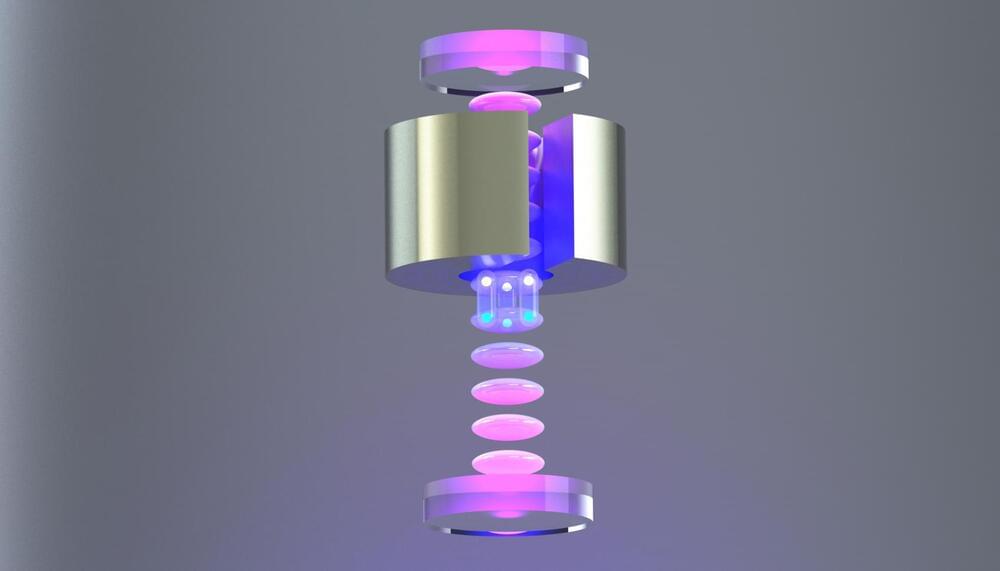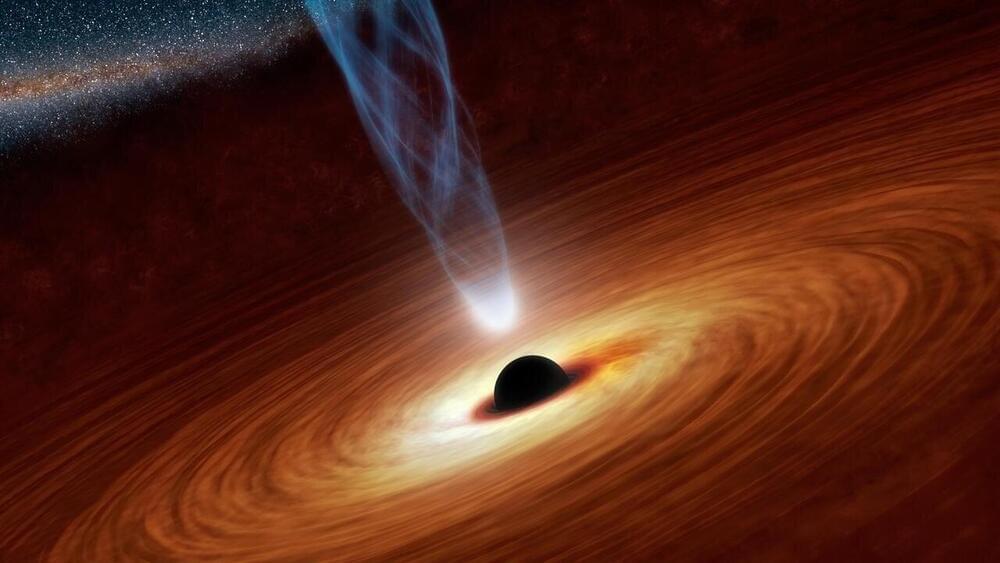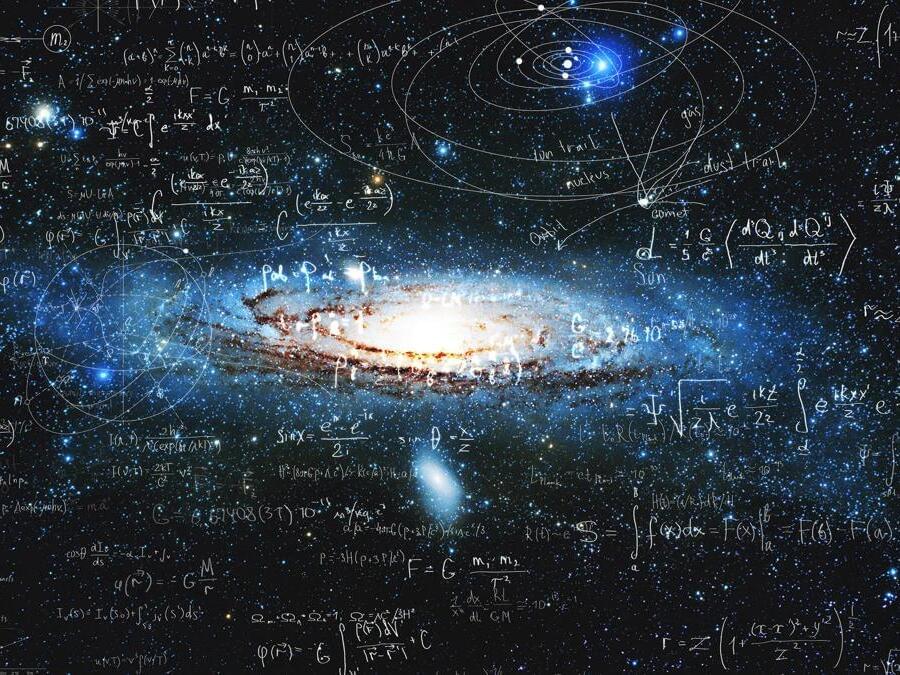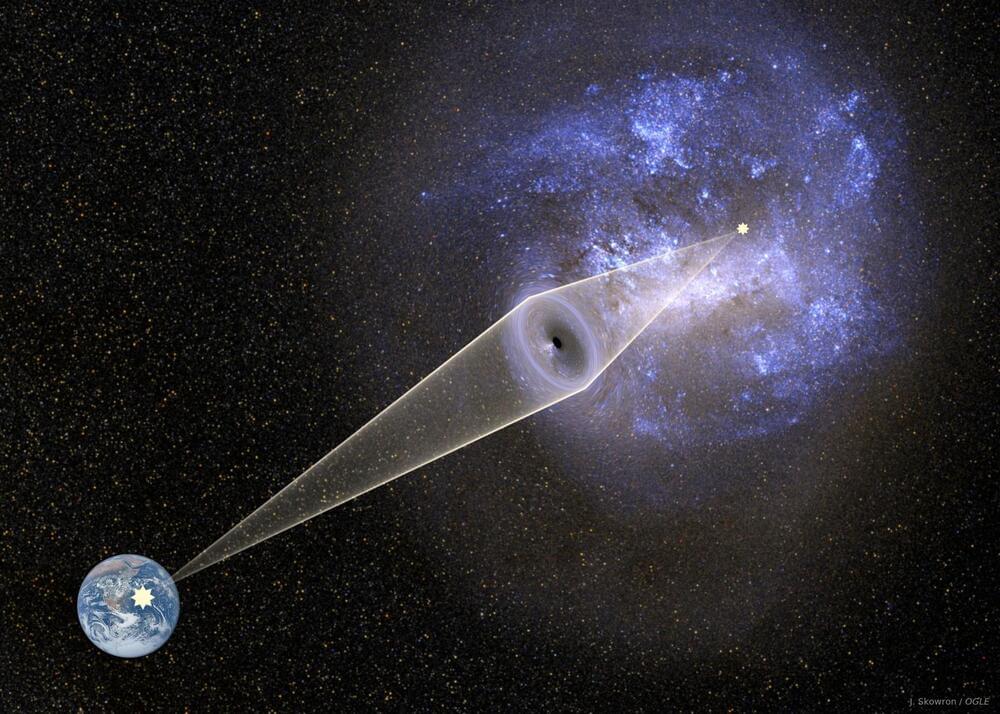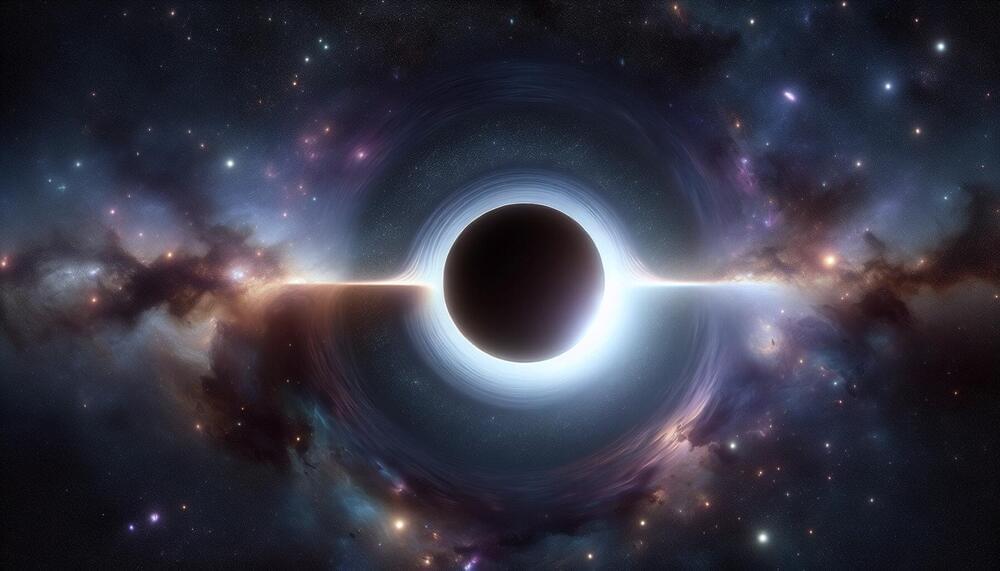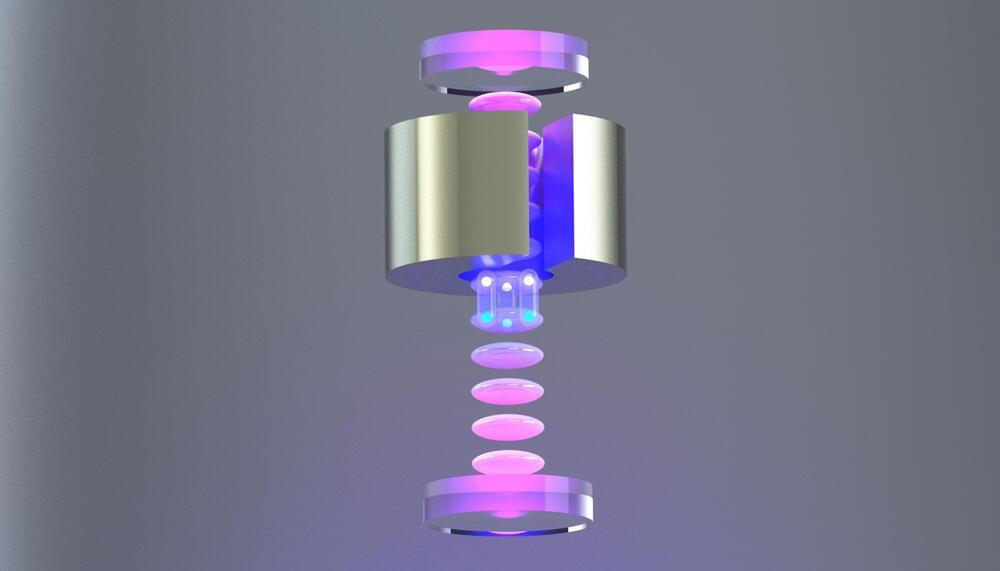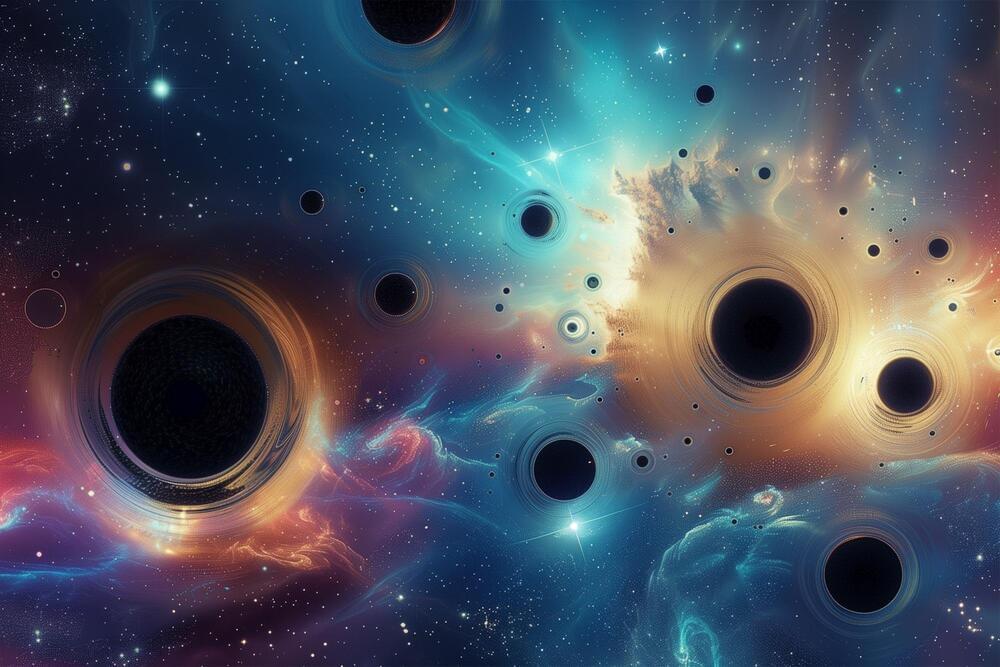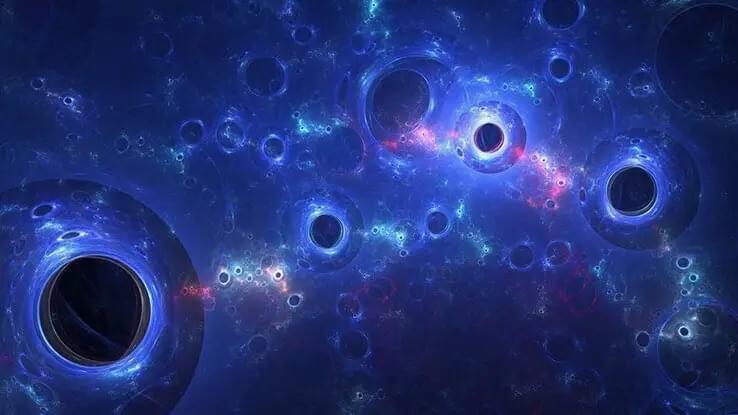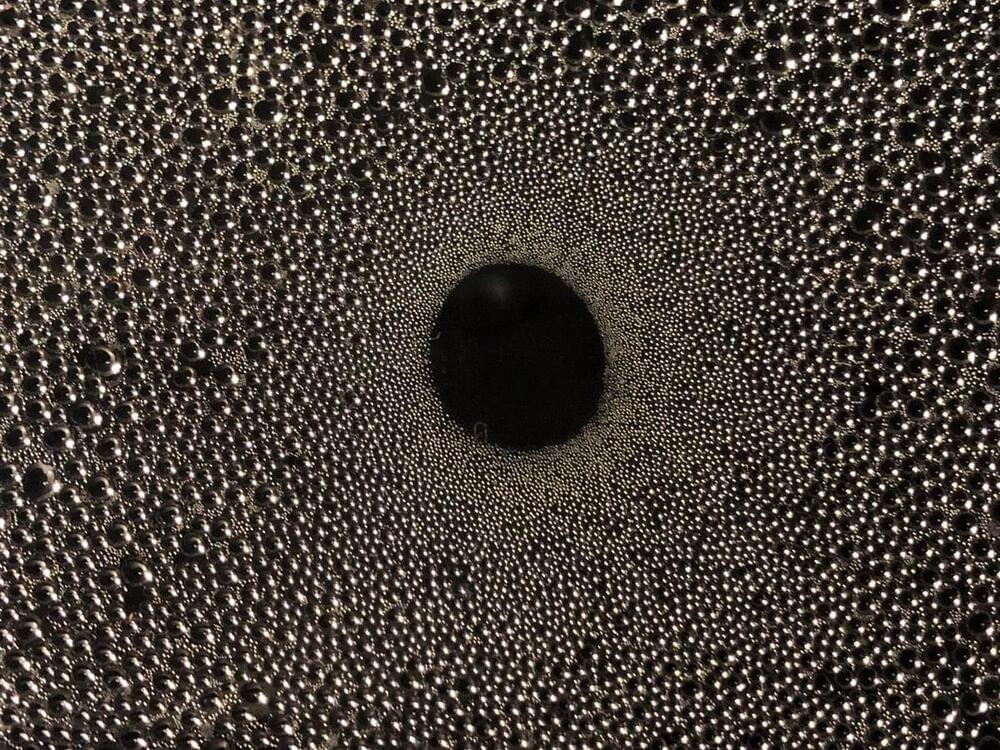Jun 28, 2024
Epic Expansion: The Case for Inflationary Cosmology
Posted by Dan Breeden in categories: cosmology, futurism
For decades, inflation has been the dominant cosmological scenario, but recently the theory has been subject to competition and critique. Two renowned pioneers of inflation — Alan Guth and Andrei Linde — join Brian Greene to make their strongest case for the inflationary theory.
This program is part of the Big Ideas series, supported by the John Templeton Foundation.
Continue reading “Epic Expansion: The Case for Inflationary Cosmology” »
